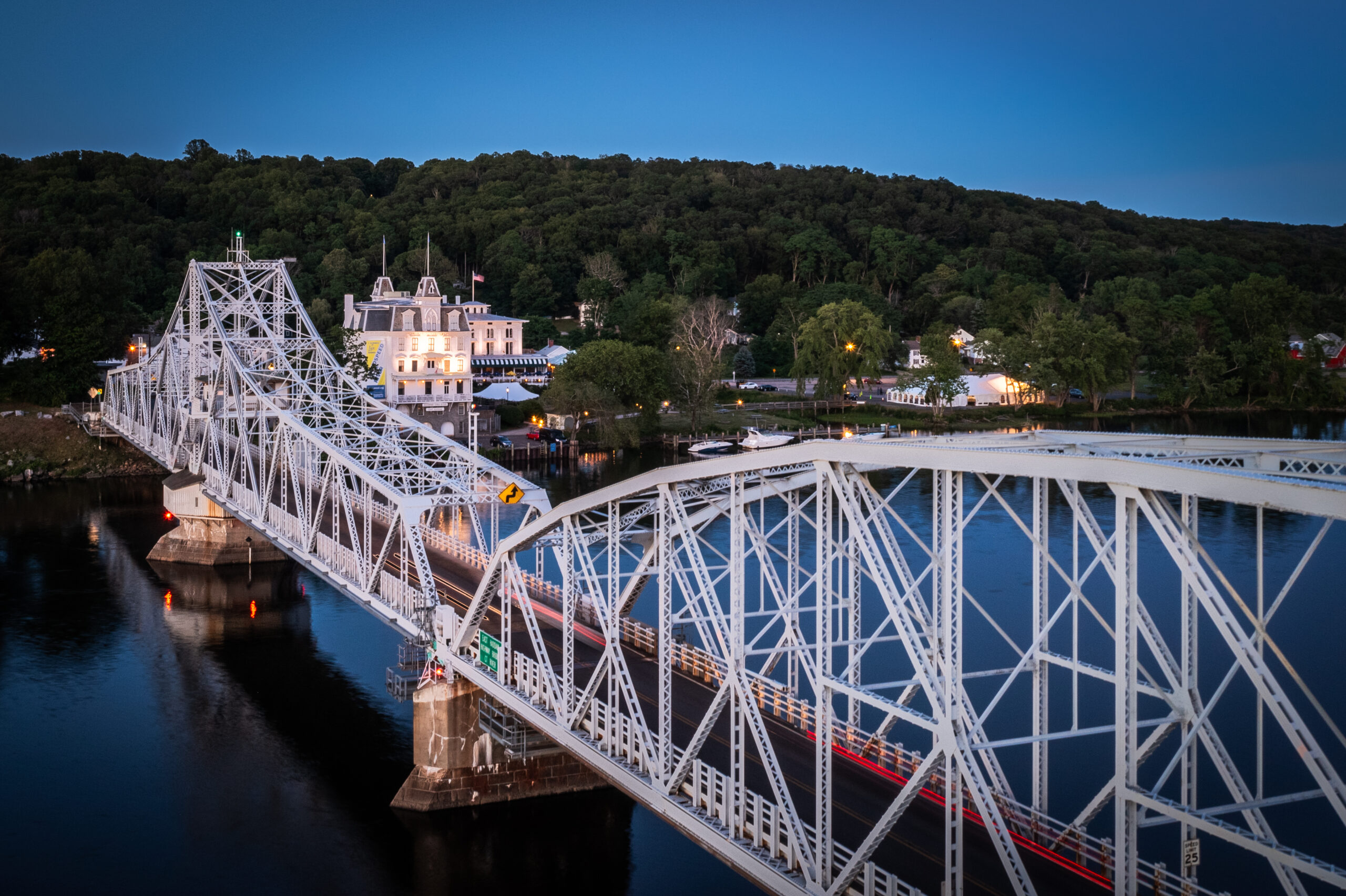Was there any real intelligence behind it, or was it just another knee-jerk, uninformed decision?
🔥 Any Potentially Good Aspects?
✅ At least attempting a response:
• The intent was to provide water resources for wildfire suppression.
• Fires in California are a legitimate crisis, and having enough water for firefighting is critical.
✅ Federal intervention in emergencies can be beneficial:
• If done correctly, leveraging federal agencies to assist states in crisis can be a good thing.
• The Army Corps of Engineers has expertise in water management, infrastructure, and logistics.
• If this were properly executed, it could have been an example of fast government action in an emergency.
📌 That’s where the positives end.
🔥 The Reality: A Blunder That Defies Logic
🛑 1. It Was Logistically Impractical
• The water sources were nowhere near the areas that needed them.
• No infrastructure exists to rapidly transport that water to Los Angeles for firefighting.
• By the time the water would have arrived, the fires could have spread further.
• If this decision had been made after consulting experts, they would have shut it down immediately.
📌 This suggests a decision made impulsively, without real planning or consultation.
🛑 2. It Could Have Caused More Harm Than Good
• Risk of flooding: Rapid water releases could flood communities downstream of the reservoirs.
• Harm to agriculture: Central Valley farmers rely on that water for crops—depleting it during critical times could hurt food production.
• Wasted resources: If the water doesn’t get where it needs to go in time to help, then what’s the point?
📌 A leader focused on effective problem-solving would have worked with experts to find a better way. Instead, this seems like a PR stunt disguised as emergency action.
🔥 Does This Show Intelligence?
No. In fact, it suggests the opposite.
✔ A leader with intelligence would:
• Consult experts before making an executive order.
• Assess feasibility before announcing a decision.
• Find a more practical solution, like reinforcing local firefighting efforts or funding new water transport projects.
🚨 Trump didn’t do any of that. Instead, he made a grand gesture that sounded good but made no logistical sense.
🔥 Other Recent Blunders That Show the Same Pattern
1️⃣ The Tariffs That Hurt More Than They Help
• Announcing massive tariffs on Canada, Mexico, and China without considering how they increase costs for American consumers.
• Markets reacted negatively, businesses warned of price hikes, and allies were blindsided.
• A smarter leader would have worked out trade deals before launching an economic war.
📌 This shows reactionary decision-making without understanding economic consequences.
2️⃣ Dismantling USAID Without a Replacement Plan
• Eliminating the U.S. foreign aid agency under the guise of “efficiency” but without a structured transition.
• Leaves a leadership vacuum in international humanitarian aid, weakening U.S. influence abroad.
• Who benefits? Potentially Elon Musk and corporations who want to control government aid contracts.
📌 Again, a move that “sounds good” politically but lacks foresight.
3️⃣ Trump’s “Day One Dictatorship” Comments
• Stating he would “be a dictator on day one” to push through policies.
• That isn’t leadership. That’s autocratic ambition.
• If that was “just a joke,” why is his administration taking steps to consolidate unchecked power?
📌 Intelligent leaders build coalitions. Trump rules by chaos and threats.
🔥 Final Verdict: Trump’s Water Move is Part of a Larger Pattern of Uninformed Leadership
Trump’s decision-making process is impulsive, reactive, and often lacks depth.
💡 He thrives on big, flashy moves that create headlines—but when examined closely, they fall apart under scrutiny.
✔ The water release was another example of:
• Prioritizing optics over results.
• Ignoring expert advice in favor of gut instinct.
• Making a move that creates more problems than it solves.
🚨 This is the mark of a leader who values “looking decisive” over “actually being effective.”
🔥 So, Does Trump Have Any Real Intelligence?
📌 Short answer: Not in the way a competent leader should.
Trump isn’t “stupid” in the sense of raw intelligence—he knows how to manipulate people, grab media attention, and hold onto power.
But intelligence isn’t just about being cunning—it’s about using knowledge, foresight, and expertise to make informed decisions.
By that standard, Trump consistently fails.
💡 He operates on instinct, ego, and short-term political gain.
💡 He doesn’t absorb or learn from expert advice.
💡 His decisions often cause more harm than good.
🚨 That’s not leadership. That’s reckless improvisation at the highest level of government.
🔥 The Most Important Question: What Happens If He Keeps Getting Away With It?
If decisions like this go unchallenged, the consequences get worse over time.
• What happens when he guts another agency with no backup plan?
• What happens when he launches another economic war with no exit strategy?
• What happens when he further consolidates power without oversight?
📌 The real problem isn’t just that Trump makes bad decisions—it’s that he faces no consequences for them.
🚨 America’s biggest test isn’t just Trump. It’s whether anyone will actually hold him accountable before it’s too late.


Leave a Reply